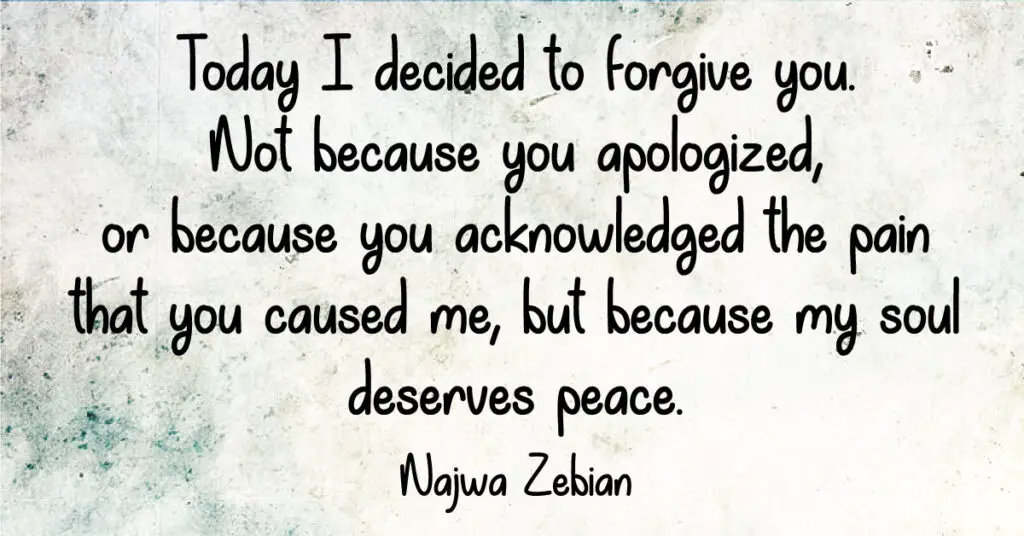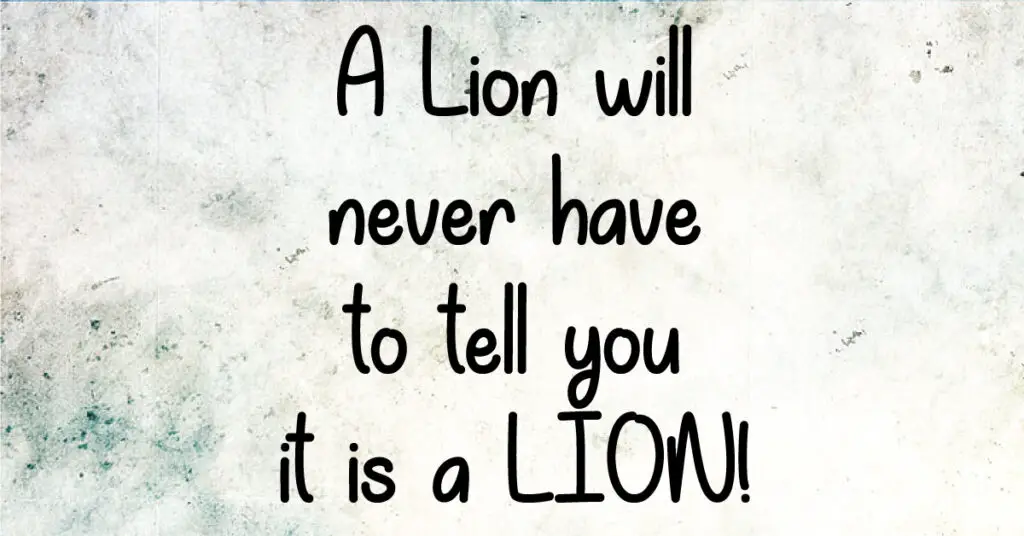Recognizing the signs of an abusive relationship can be a challenging task, especially when you’re in the midst of it. Abuse can take many forms, from relentless criticism that leaves you feeling emotionally exhausted to physical violence. If you find any of these patterns familiar, it’s time to reassess your relationship and consider moving forward alone.
This discussion aims to highlight what constitutes a toxic relationship and how to put a stop to the abuse. After all, prioritizing your wellbeing and brightening your future should be at the forefront.
No matter the length of your relationship, there’s always the risk of it spiraling into a harmful situation. If you suspect you’re in an emotionally abusive relationship, we’re here to support you and guide you through your next steps. It will undoubtedly require immense courage, but rest assured, you possess the strength to regain control! Let’s explore together how you can break free from a toxic relationship and rediscover happiness.
What is a toxic relationship?
A healthy relationship should uplift you and instill a sense of self-worth. However, if it constantly leaves you feeling low and unhappy, there could be an issue. A toxic relationship is often defined by a manipulative partner whose actions erode your self-confidence and self-esteem.
Emotional abuse and controlling behavior are unfortunately more prevalent in relationships than we realize. Indeed, love can sometimes cloud our judgment, but it should never lead to unhappiness or adverse effects on mental health.
While it’s crucial to consider your partner’s needs and wishes when making decisions in a relationship, it shouldn’t be a one-sided affair. If you find yourself constantly seeking your partner’s approval for every action, and feel restricted in expressing yourself freely, this could indicate the presence of toxicity or even abuse in your relationship.
What are the preliminary indicators of a toxic relationship?
Recognizing the initial signs of a toxic relationship is crucial for your emotional wellbeing. Here are four early indicators that your relationship might be unhealthy:
Controlling Behavior
If your partner constantly dictates what you should do or how you should act, it’s a clear sign of an unhealthy dynamic. This could range from telling you what to wear, who to interact with, or even manipulating your decisions
Lack of Support
A healthy relationship thrives on mutual support. If your partner isn’t supportive of your personal or professional goals or downplays your achievements, it might indicate toxicity
Incessant Jealousy
While mild jealousy is common in relationships, excessive jealousy or envy can be a sign of a toxic relationship. Your partner might constantly compare themselves to your friends or colleagues, or they may try to isolate you from others
Overstepping Boundaries
Respect for personal boundaries is fundamental in any relationship. If your partner frequently pushes your limits or does not respect the boundaries you’ve set, it’s a warning sign of an unhealthy relationship
Remember, you deserve a relationship that uplifts and supports you. If these signs resonate with your current situation, consider seeking professional help or confiding in someone you trust.
Leaving a toxic relationship can be a complex and emotionally challenging process. However, it’s a crucial step towards self-care and personal growth.
Here are five essential steps to follow:
Acknowledge the Toxicity
The first step in leaving a toxic relationship is recognizing its existence. This might involve identifying patterns of abuse or manipulation and understanding that these behaviors are not part of a healthy relationship
Seek Professional Help
Therapists and counselors can provide valuable insights and coping strategies to navigate this difficult time. They can help you understand your feelings, reinforce your decision, and guide you through the process
Establish Boundaries
Clearly define what you will and won’t tolerate from your partner. Communicate these boundaries and ensure they are respected. Remember, it’s okay to put your needs first
Plan Your Exit
Leaving a toxic relationship often requires careful planning, particularly if you live with your partner or have children together. Seek advice from professionals or trusted friends and family about financial, legal, and housing arrangements
Build a Support Network
Surround yourself with supportive individuals who understand your situation and offer emotional support. This could include friends, family, or support groups
Remember, while it may be difficult, leaving a toxic relationship is a brave step towards prioritizing your mental health and wellbeing.
Final Thought
Acknowledging that you’re in a relationship that is detrimental to your self-esteem can be a challenging journey. When manipulation has been a long-standing element in a relationship, certain behaviors may seem normal. However, the first step towards liberation and rediscovering your true self is through communication.
Breaking the silence and confiding in trusted individuals can offer a new perspective on your situation and provide the emotional support needed to take subsequent steps. Sharing your experiences can help you gain clarity, and may even reinforce the belief that you are deserving of better.
Once you start understanding and recognizing the patterns of manipulation, you will be less likely to tolerate such behavior in the future. This newfound awareness can have a profoundly positive impact on your future relationships.







